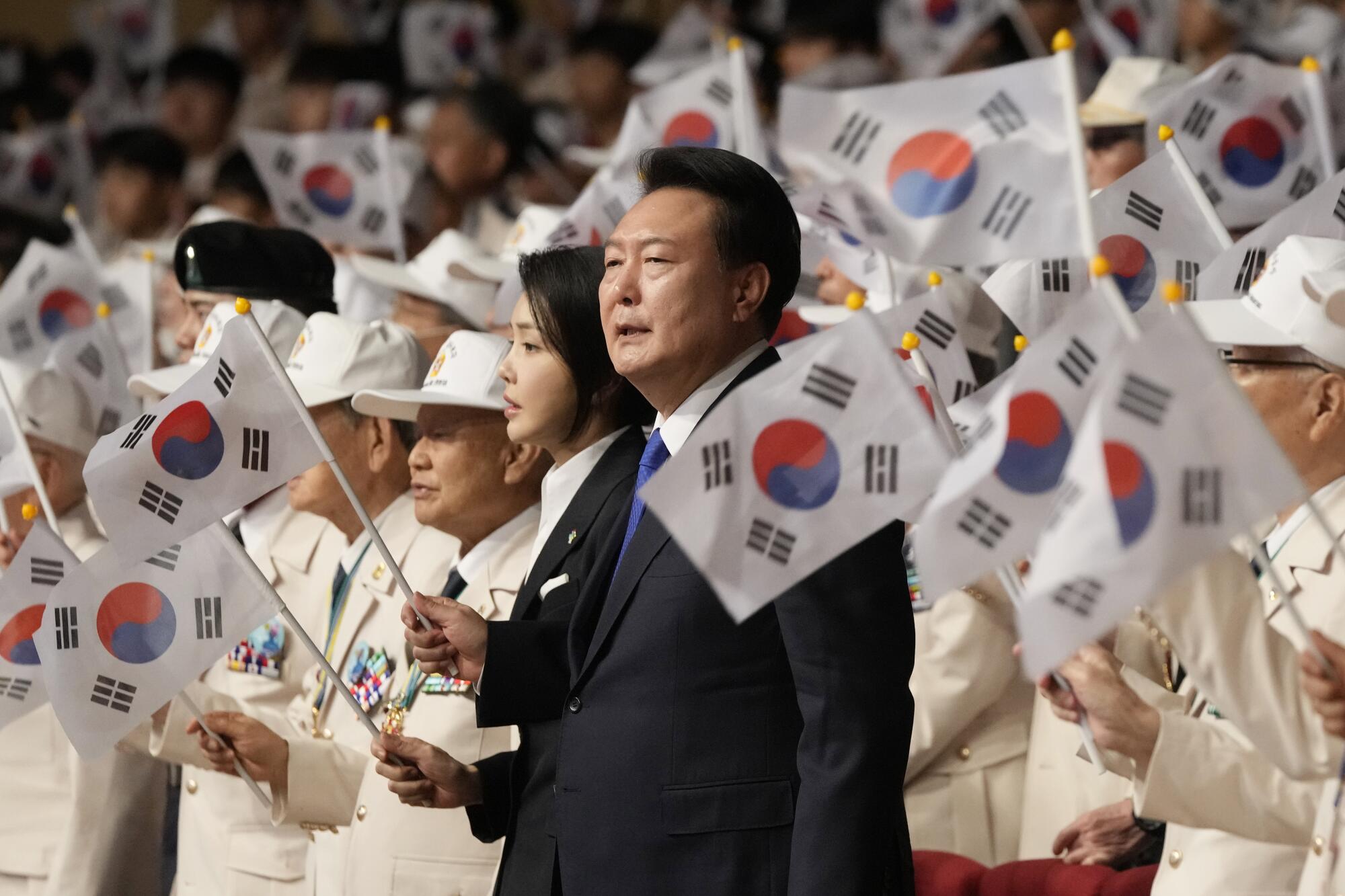LA PAZ (Reuters) – A coup attempt in Bolivia that saw soldiers take over La Paz’s central square and ram the presidential palace with an armored truck was put down as abruptly as it started, but has laid bare a brewing economic and political crisis in the divided nation.
On Wednesday, military units led by rogue General Juan Jose Zuniga launched the attack on the government, but pulled back as it quickly became clear they had little support. The former armed forces commander was arrested on live TV.
But while the government of leftist President Luis Arce heralded its success at putting down the coup attempt, it has uncovered the tense political fault lines in the South American country and growing anger with a flagging economy.
“We have a president with low popularity, without legislative control, with economic problems,” said Raul Penaranda, a Bolivian political analyst and journalist. “All of this makes for a very difficult and complicated scenario.”
The country of some 12 million people is heading for presidential elections next year. Arce’s socialist MAS party is split between backing him and party grandee and icon Evo Morales, a former ally to Arce who is now trying to unseat him.
Meanwhile the economy is floundering.
Gas exports that helped drive the country’s “economic miracle” in the 2000s have dried up, leading to a dangerous decline in foreign reserves that are near zero. Protests have been building, with many people unable to get dollars, and pressure on the long-stable currency is rising.
In the heat of the failed coup, flanked by soldiers, Zuniga cited growing frustrations, demanding the government “stop destroying, stop impoverishing our country.”
On all sides of the aisle, Bolivians though rejected the coup attempt, which many saw with dark humor as a something of a farce. Zuniga himself, without giving evidence, had claimed Arce had asked him to do it to help boost his low approval ratings.
“Our beloved Bolivia is in economic crisis, it is in political crisis, it is in social crisis,” La Paz resident Juan Carlos Llanque told Reuters outside the presidential palace in La Paz after the coup attempt. He still though backed Arce.
“This was all a political comedy.”
INSTABILITY HERE TO STAY
Some analysts said Arce’s image of facing down the attempted coup could even play in his favor ahead of the 2025 ballot, adding some harder edge to the bespectacled and generally low-profile former economy minister.
Yola Mamani from nearby El Alto, had come to support Arce in the central square, and said that he needed to be allowed to rule and be given space even by Morales.
“We see that you support humble people, vulnerable people who are going through very difficult times, so you can count on our support,” she told Reuters, referring to Arce. “We will give our lives for you if we have to.”
Arce was elected in 2020 in a re-run of a disputed election a year earlier that ended with Morales fleeing the country amid violent protests. The iconic leftist leader who had been the country’s first president from its majority indigenous community, returned from exile a year later after the election of Arce.
The two leaders, who oversaw a period of commodities-fueled prosperity for over a decade, have since become political rivals, each commanding a faction of supporters within the dominant but fractured Movement to Socialism party.
Morales’ controversial bid for an unprecedented fourth term in office in 2019 defied constitutional term limits and ended in the voided election and a months-long crisis.
Zuniga, the general, had waded into the political drama earlier this week, saying in an interview that Morales should not be able to return as president and threatening to block him if he attempted to, leading Arce to strip him of his command.
Emerging markets investment firm Tellimer said in a report that the coup attempt – which it called a “damp squib” – had highlighted the fragile state of the country, with sky-high social tensions, ahead of elections next year.
The political tensions and pressures on foreign reserves have hit the country’s risk index and bonds, leading to spreads being at their widest in years. Credit ratings agencies have downgraded Bolivia’s debt to “junk” status.
“While the attempted coup has been put down, it is another negative event that points to weak institutions and political polarization,” Tellimer wrote. “The saga suggests the country’s political instability is unlikely to improve any time soon.”
(Reporting by Brendan O’Boyle and Daniel Ramos in La Paz; Additional reporting by Karin Strohecker and Rodrigo Campos; Writing by Brendan O’Boyle; Editing by Adam Jourdan and Alistair Bell)
